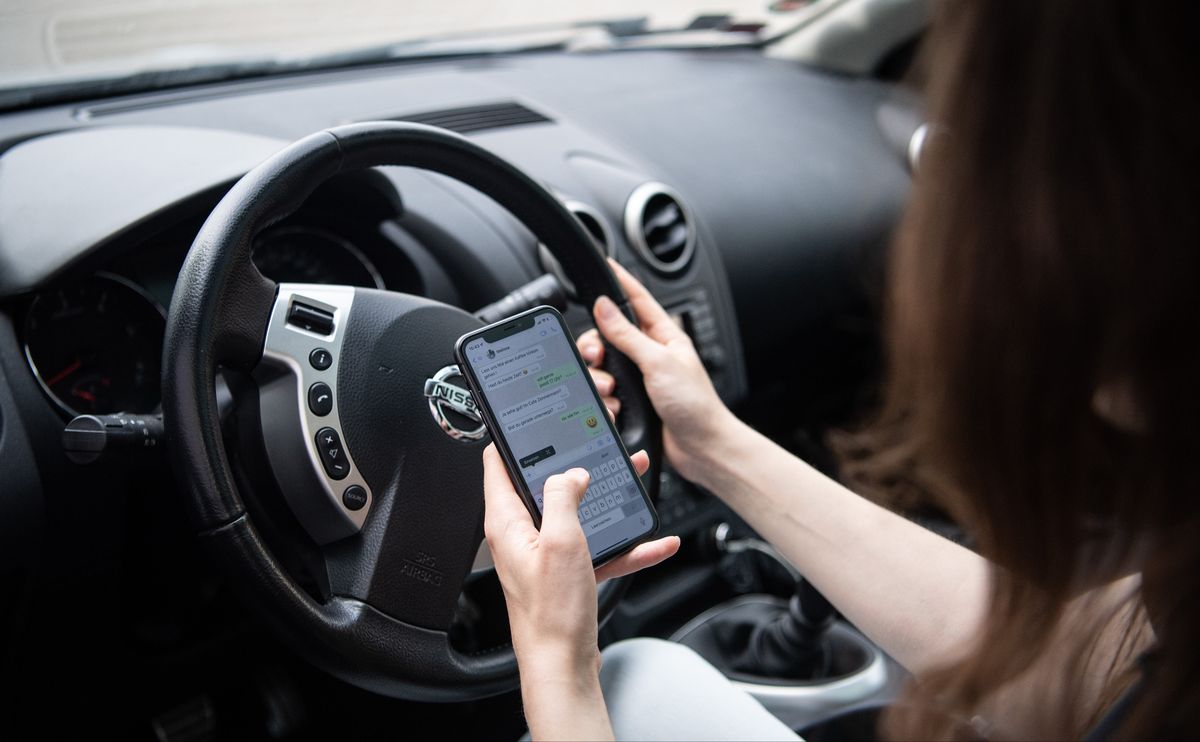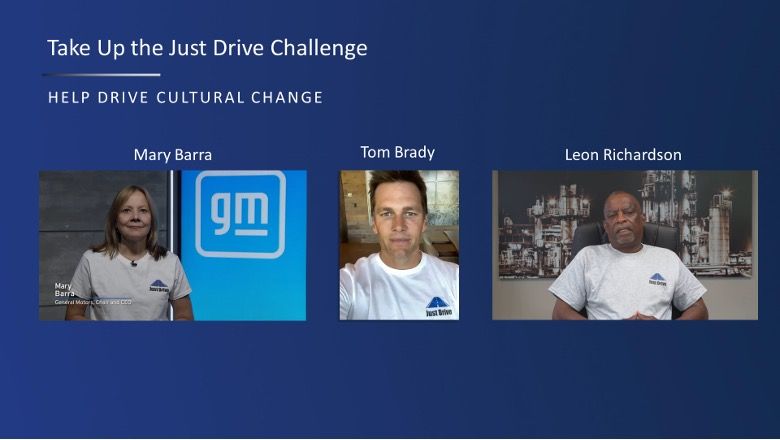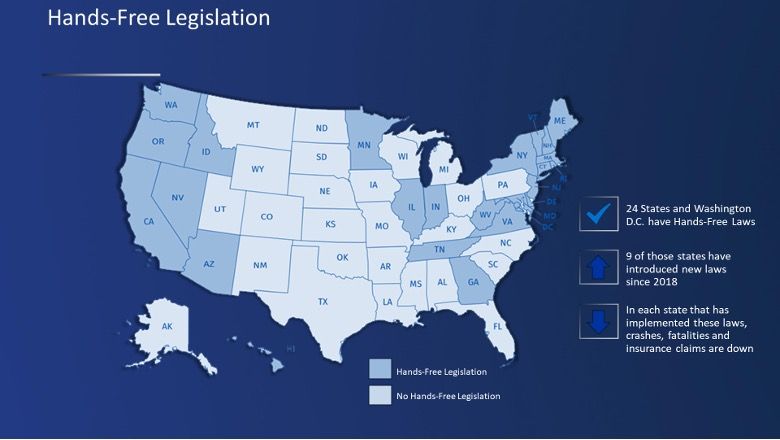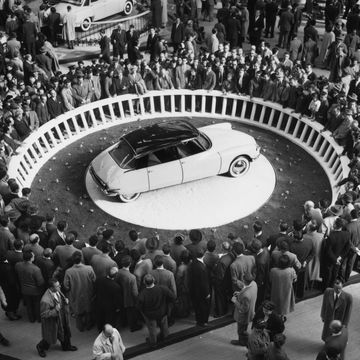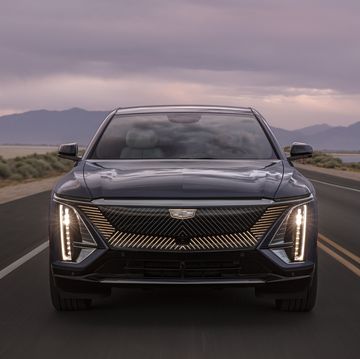- The Kiefer Foundation's simple message: “When you are behind the wheel, put your phones away and Just Drive.”
- About 94% of people recognize that driving distracted is dangerous, yet over 84% admit they do it anyway.
- “Hands Free USA” is promoting enforceable legislation in all 50 states that will make it a primary offense to hold a mobile device while driving an automobile.
September 19 is an extremely painful anniversary date for me and my family. It was six years ago this month when my son Mitchel was struck by a distracted driver and killed during his first month at Michigan State University.
In the months following Mitchel’s death, we established the Kiefer Foundation with a mission to bring an end to distracted driving and all associated injuries and deaths. As we began our journey, we quickly learned we are not alone in this battle. The official statistics indicate that 10 people are killed every day in this country by distracted drivers, but it is also well understood that this number is grossly underreported.
In fact, we believe the number is closer to 50 people killed each day by distracted drivers.
Imagine every day, 50 families going through the pain of a tragic loss of a son, daughter, husband, or wife. Now imagine that tomorrow it may be your loved one. As hard as we have worked to honor Mitchel’s life by bringing an end to distracted driving, the fact remains that—in the six years since we lost Mitchel—more than 8 million people have been killed on roadways worldwide due to car crashes. In the US, nearly 40,000 people are killed each year on the roadways, and fatalities have been dramatically trending upward.
We know that 94% of car crashes are the result of some type of human error with the majority of these caused by speeding, impaired driving, and distracted driving. Over the last several decades, an increased focus on drunk and impaired driving has resulted in some improvement. But in recent years, the increased occurrence of distracted driving and speeding has more than offset these gains.
It is time for a much more aggressive approach to address this global pandemic. We established the Kiefer Foundation to focus on three pillars to do exactly that: awareness, technology, and legislation. We see this as a logical approach to bringing an end to distracted driving.
Awareness: ‘Just Drive’
With the strong support of several of our partners, we have launched our global “Just Drive” campaign with a simple message: “When you are behind the wheel, put your phones away and Just Drive.” We have leveraged social media, news media, and the education of young people to increase levels of awareness regarding the dangers of distracted driving.
The unfortunate thing is that the data indicates 94% of people recognize that driving distracted is dangerous, yet over 84% admit they do it anyway. We want to make distracted driving as socially unacceptable as drinking and driving or smoking in public places.
Technology
Technology—especially the use of mobile phones—has contributed to much of the increased distraction while driving, but we also believe that technology can be part of the solution. If drivers must stay connected, there are several options that allow drivers to safely connect while driving:
- Current technology, such as Do not Disturb mode and Safe Drive mode, help drivers by alerting their contacts that they are unable to respond to messages because they are driving.
- When it is required to be connected, tools such as Apple CarPlay and Android Auto allow drivers to stay focused on the road and listen to messages from their contacts and respond verbally.
- We also encourage drivers to download and use safe driving apps such as Safe Driver, which monitors driving behavior and encourages safe driving. Many drivers are saving up to 30% on their automotive insurance by downloading these apps and using them. These apps can save drivers money, while saving lives.
Going forward, technology to monitor the driver’s facial features such as drowsy eyes, yawning, laughing, talking, and direction of sight can provide feedback when the driver is not focusing on the critical task at hand.
In some countries, stationary traffic cameras have been implemented to monitor and even ticket drivers who are holding cell phones or are not using seatbelts. These tools can significantly change behavior and reduce crashes and deaths related to distracted driving.
Legislation
Legislation plays an important role in helping change behavior related to distracted driving. Strict laws have already reduced drunk driving crashes and deaths. Those laws have also had a significant impact on social behavior.
We believe distracted driving laws can also be very effective at reducing crashes and deaths. Hands-free legislation making it illegal to hold a mobile device while driving an automobile has been implemented in 24 states in the US and already has proven to be effective at reducing crashes and deaths associated with cell phone usage.
Through a program we refer to as “Hands Free USA,” we are promoting effective, enforceable legislation passed in all 50 states that will make it a primary offense to hold a mobile device while driving an automobile.
What Can You Do?
Think about your most recent drive. Did you see anyone aggressively brake as they looked up from their phone to see traffic had stopped?
Did you see anyone stopped at a green light, unaware that the light had changed because they were looking at their phone? Did anyone swerve into your lane because they were sending a text or an email they felt couldn’t wait until they weren’t driving?
Please realize that any of those events could have taken the life of your child. It is time that all of us recognize the seriousness of this deadly behavior and take action to eliminate distracted driving and bring our loved ones home safely each day.
For more information, please visit Mkiefer.org.
Steve Kiefer led General Motors’ international operations until he retired earlier this year to focus on his mission to end distracted driving.
How important is it for you to be connected while driving? Have you had brushes with distracted drivers? Please comment below.
